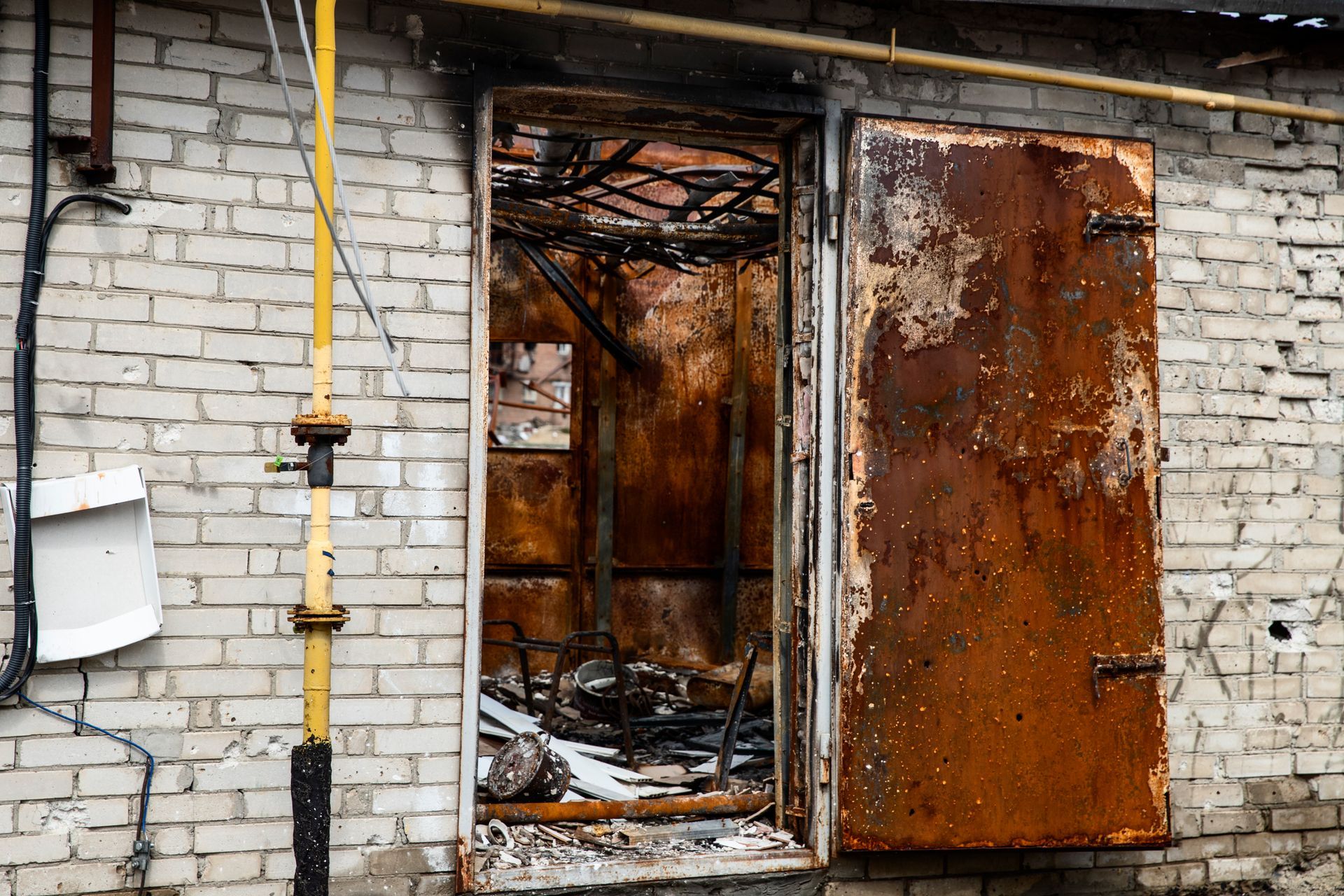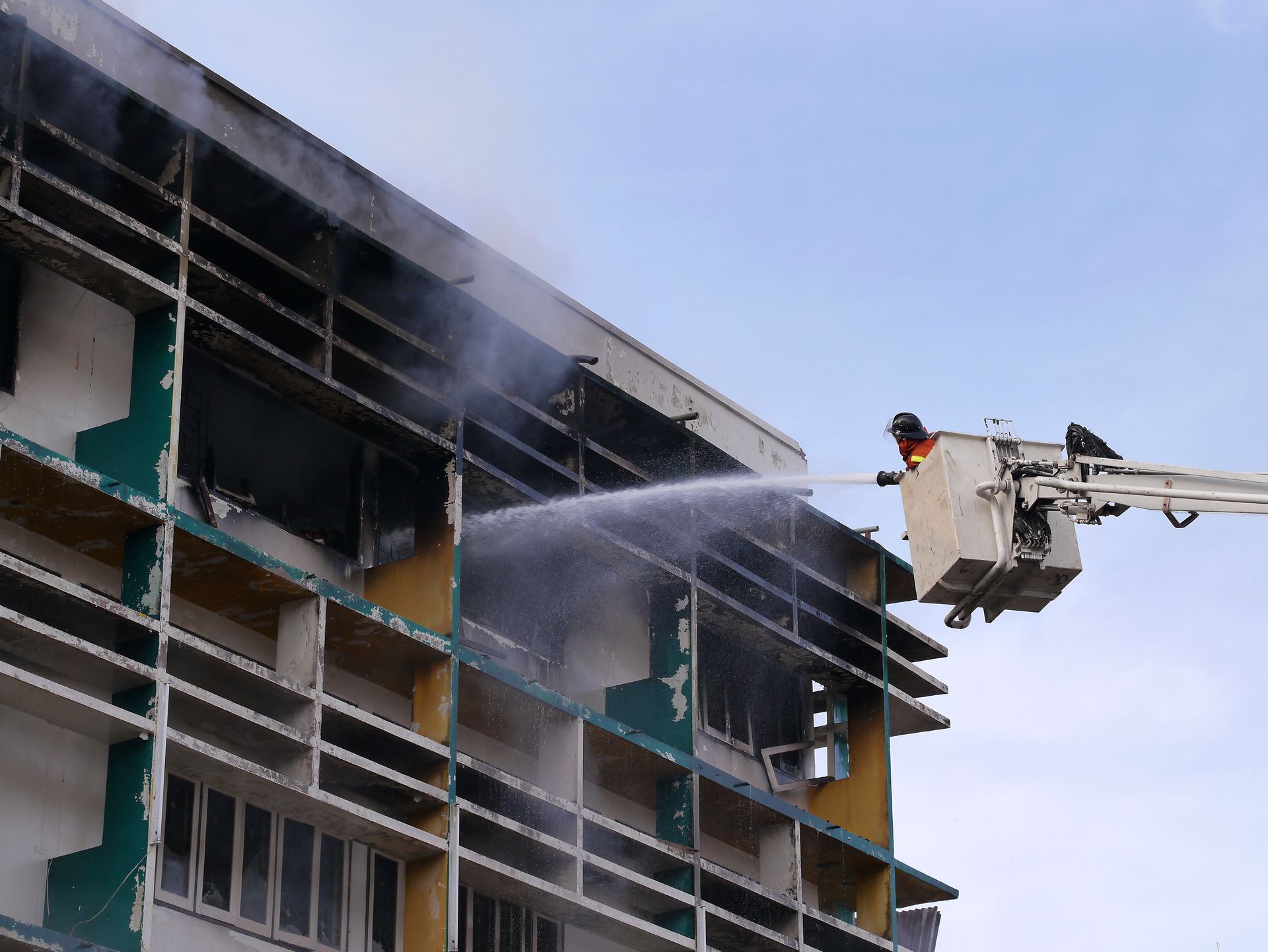Introduction
Experiencing a house fire is one of the most traumatic events that any homeowner can face. The flames may extinguish, but the emotional, physical, and financial scars can linger for a long time. In this comprehensive guide, we’ll delve into the ins and outs of recovering from such an unfortunate incident. Whether you’re looking for fire restoration in Denver, CO, or seeking guidance on dealing with your insurance claim, we’ve got you covered. Let’s embark on this journey together and explore how to effectively deal with the aftermath of a house fire.
Fire Restoration: Understanding the Basics
What is Fire Restoration?
Fire restoration involves repairing and restoring properties affected by fire damage. It requires specialized knowledge and equipment to remove smoke odors, repair structural damages, and restore belongings. If you're grappling with the aftermath of a fire in your home, hiring a competent fire restoration contractor is crucial.
Why Choose Professional Fire Restoration Services?
Opting for professional services ensures that your property receives thorough cleaning and repair. Professionals have access to advanced tools and techniques that can mitigate further damage caused by smoke and water from firefighting efforts.
After the Flames: Dealing with Emotional Impact
The Psychological Toll of a House Fire
Going through a house fire can leave deep emotional scars. Feelings of loss, sadness, anxiety, and even guilt are common among victims. Understanding these emotions is vital for recovery.
Coping Mechanisms for Emotional Healing
- Seek Professional Help: Therapy or counseling can provide coping strategies. Talk About Your Experience: Sharing your story with friends or support groups can be cathartic. Practice Self-Care: Engage in activities that bring you joy to help alleviate stress.
The Immediate Steps Following a House Fire
1. Ensure Safety First
Before anything else, prioritize safety. Confirm that everyone is safe and accounted for before re-entering the building.
2. Contact Authorities
Notify your local fire department to report the incident if you haven’t already done so.
3. Call Your Insurance Provider
Reach out to your homeowners' insurance company immediately to start filing a claim.
Assessing Damage After the Flames
Evaluating Structural Integrity
It’s essential to have professionals assess whether your home is structurally sound before re-entering it.

Documenting Damages for Insurance Claims
Take photographs or videos of damaged areas as evidence for your insurance claim process.
Navigating Insurance Claims Post-Fire
Understanding Your Policy Coverage
Familiarize yourself with what your policy covers regarding fire damage—this will save time in negotiations.
How to File Your Claim Effectively
Gather all necessary documents. Provide detailed information about losses. Keep copies of all correspondence with your insurer.Finding Reliable Fire Restoration Contractors
What to Look For in a Fire Restoration Contractor?
When searching for a reliable contractor in Denver, CO:
- Ensure they are licensed and insured. Check their reviews and references. Ask about their experience specifically related to fire restoration.
Top Questions to Ask Before Hiring One
- How long have you been in business? Can you provide references? What methods do you use for smoke removal?
The Fire Restoration Process Explained
Initial Assessment Stage
Professionals will conduct an assessment of both visible damages and hidden issues like smoke infiltration.
Water Removal Techniques
Effective water removal is essential after firefighting efforts have taken place; otherwise, mold may develop quickly.
Cleaning Smoke Damage: Techniques & Tools
Specialized Cleaning Agents Used in Restoration
Different types of cleaning agents are used depending on the material affected by smoke residue:
| Material Type | Recommended Cleaning Agent | |---------------|-----------------------------| | Wood | Wood cleaner | | Fabric | Upholstery cleaner | | Walls | Degreaser |
Restoring Belongings Affected by Fire
Salvaging Items: What Can Be Saved?
Many belongings can be restored after thorough cleaning:
- Clothing Furniture Electronics (with special attention)
Professional vs DIY Restoration Methods
While some items can be cleaned at home, it's often best to consult professionals when dealing with valuable items or electronics.
Dealing With Temporary Housing Arrangements
Finding Suitable Temporary Accommodations
Depending on how severe the damage is, you may need temporary housing while repairs take place:
Hotels Extended stay rentals Family member's home
Managing Costs During Displacement
Keep records of all expenses incurred during this time; many homeowners’ policies will reimburse these costs.
Rebuilding After a House Fire: The Long-Term View
The Importance of Building Codes
Understand local building codes when rebuilding; ensure compliance to avoid future issues.
Creating an Emergency Plan
Once you've rebuilt, develop an emergency plan that includes escape routes and safety protocols for future incidents.
Community Support Resources Available Post-Fire
Local Organizations Offering Assistance
Many organizations offer support to families affected by fires:
American Red Cross Salvation Army Local churches or community centersAfter the Flames: Financial Considerations Post-Fire
Budgeting for Repairs
Create a detailed budget based on quotes from contractors so you don’t overspend during restoration efforts.
Exploring Government Assistance Programs
Look into federal assistance programs like FEMA if applicable; they can provide additional funds for recovery efforts not covered by insurance.
FAQs About Dealing With House Fires
Q1: How long does fire restoration typically take?
A1: The duration varies depending on damage severity but generally takes several weeks to months.
Q2: Will my homeowners insurance cover all damages?
A2: Most policies cover significant damages due to fire but check specifics regarding personal property coverage.

Q3: Can I live in my house during restoration?
A3: In most cases where major repairs are needed—like structural rebuilding—you won't be able to live there safely until completion.
Q4: Are there specific contractors specializing in fire restoration?
A4: Yes! Look specifically for contractors who list "fire" as part of their specialties—like those offering fire restoration services in Denver, CO!
Q5: Is it necessary to hire professional cleaners after smoke damage?
A5: Yes! Smoke particles are tricky; professionals have specialized tools that ensure complete removal which prevents lingering odors or health risks later on!
Q6: What should I do if my insurance claim gets denied?
A6: Review your policy details carefully; consult an attorney if needed and consider appealing based on documentation you've gathered!
Conclusion
Recovering Fire Restoration Contractor from a house fire isn’t just about rebuilding walls—it’s about healing emotionally and financially as well. K&D Development This guide aimed at providing comprehensive insights into every step needed after experiencing such devastating circumstances—from finding reliable contractors specializing in fire restoration to managing temporary housing arrangements effectively! Remember—the road ahead may seem daunting now but with careful planning—and perhaps some community support—you’ll find yourself back on firm ground again soon enough!